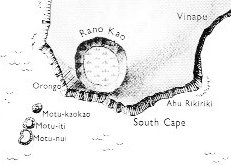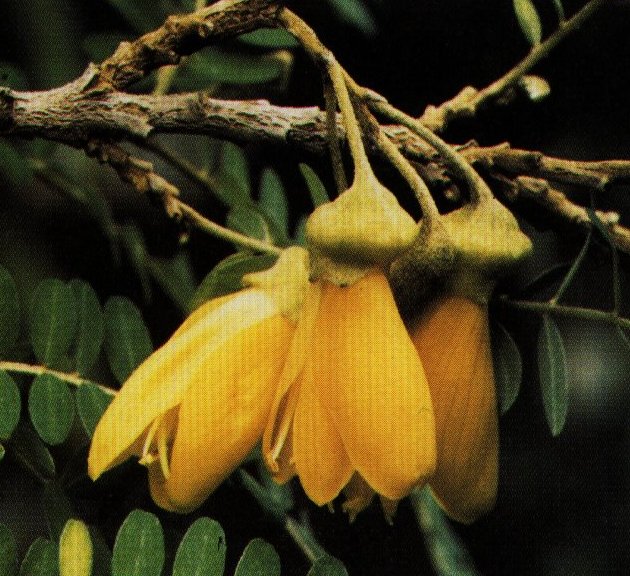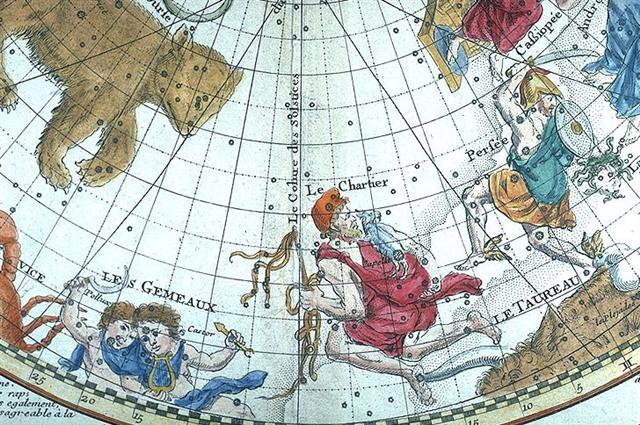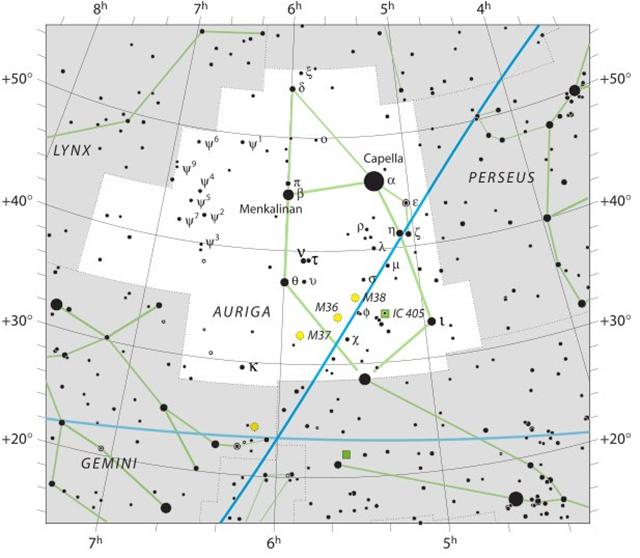On Easter Island the Sun was evidently 'swimming' (refreshing himself) in Ra-no-kau.
No. Just, only, merely, still; ka-oho-nó, just go! e-tahi nó i-ora-ai, only one survived; e-haúru-nó-á, he is still sleeping; e-aga nó, he just works (i.e. he always works). Vanaga. 1. Of (na); no te mea, because (of the thing); no te ragi, celestial (of the sky); no ira, wherefore (of that). 2. Intensive; hakapee no kai hoao, abundance; riva no iti, convalescence; haga no iti, to plot mischief; hare itiiti no, hut; no mai, intensive, spontaneously; tuhi no mai, to accuse; hiri tahaga no mai, to go on without stopping; topa tahaga no mai, wholly unexpected. 3. Exclusive, unique, that and naught else; gutu no, vain words; noho no, stay-at-home, apathy. Churchill.  A dot was placed at significant glyphs, as literally cardinal points. Kao. 1. Side, edge, rim; kao gutu (or just kao), labia minora. 2. Steep, almost perpendicular; thin, skinny. Motu Kaokao, name of one of the islets opposite Orongo, with a steep shape. Vanaga. Cloth, clothing, garb. (Perhaps a variant of kahu.) Kaokao, side, flank, ribs, lateral. P Pau.: kaokao, the side, flank. Mgv.: kaokao, the side, flank. Mq.: kaokao, id. Ta.: aoáo, id. In Nuclear Polynesia this is particularized, in Samoa to the armpit, in Tonga and Futuna to the sides of the canoe. Therefore it may be considered a borrowing from the Tongafiti. Churchill. ... 'One, that's Maui mua; two, that's Maui roto; three, that's Maui taha; four, that's Maui pae', she said; these names mean Maui the first, Maui the middle, Maui the side, and Maui the edge. Then she saw this other child standing with them, and cried out, 'Hullo, where did this one come from?' 'I'm your child too', Maui replied. So she counted them again and said, 'Oh no, there ought to be only four of you. This is the first I've seen of you.'
The great sweet water lake down in the southwest (toga) was the only place suitable for the species toromiro. Toga. 1. Winter season. Two seasons used to be distinguished in ancient times: hora, summer, and toga, winter. 2. To lean against somehing; to hold something fast; support, post supporting the roof. 3. To throw something with a sudden movement. 4. To feed oneself, to eat enough; e-toga koe ana oho ki te aga, eat well first when you go to work. Vanaga. 1. Winter. P Pau., Mgv.: toga, south. Mq.: tuatoka, east wind. Ta.: toa, south. 2. Column, prop; togatoga, prop, stay. Togariki, northeast wind. Churchill. Wooden platform for a dead chief: ka tuu i te toga (Bb8-42), when the wooden platform has been erected. Barthel 2. The expressions Tonga, Kona, Toa (Sam., Haw., Tah.), to indicate the quarter of an island or of the wind, between the south and west, and Tokelau, Toerau, Koolau (Sam., Haw., Tah.), to indicate the opposite directions from north to east - expressions universal throughout Polynesia, and but little modified by subsequent local circumstances - point strongly to a former habitat in lands where the regular monsoons prevailed. Etymologically 'Tonga', 'Kona', contracted from 'To-anga' or 'Ko-ana', signifies 'the setting', seil. of the sun. 'Toke-lau', of which the other forms are merely dialectical variations, signifies 'the cold, chilly sea'. Fornander. ... On Easter Island all the trees were gone and the mana had fled, but in Rano Kau there was still an old and dying stump of Sophora Toromiro, the few seeds of which were saved and brought to the Botanical Garden in Gothenburg, where 3 new trees with flowers and new seeds grew up ... ... The toromiro wood was formerly the principal and indispensable material for Easter Island wood carving. Due to the general barrenness of the land at the time of the European arrival, every scrap of drift wood was collected too, but whenever toromiro was available it was preferred for all wooden artifacts, from personal ornaments and images to house frames, canoes and paddles. The demand for this wood among the natives was so great that the forests in more recent generations have been rapidly vanishing, and partly substituted by the imported miro tahiti ... Some of the keenest local wood carvers had old chunks of toromiro wood hoarded in their personal hiding-places, and a fair sized root was brought from a cave and presented to the writer [Thor Heyerdahl] as a treasure ...
I think the skambha of Capella and Rigel may have influenced the position of Bharani (*41.4): ... The mythic landscape was an 'implex', by which term is meant a world of implications. ... Fanciful, assuredly, but neither the Milky Way nor the terrestrial Ganges offered any basis for the imagery of a river flowing to the four quarters of the earth 'for the purification of the three worlds'. One cannot get away from the 'implex' and it is now necessary to consider the tale of a new skeleton map, alias skambha: the equinoctial colure had shifted to a position where it ran through stars of Auriga and through Rigel. Skambha, as we have said, was the World Tree consisting mostly of celestial coordinates, a kind of wildly imaginative armillary sphere. It all had to shift when one coordinate shifted ...
At 6h (as in 6 a.m.) was Praja-pāti: ... A vertical line could be drawn down from the little star at the head of the Charioteer, viz. Praja-pāti (Lord of Created Beings, δ), to Menkalinan (Shoulder of the Rein-holder, β), and Mahashim (θ, Wrist - sic!) - i.e. they were rising at the same right ascension time - with π Aurigae (the tiny star just above Menkalinan) only a fraction of a day later ... Ca4-13 was surely intended to allude to day 413 = 14 * 29½ = 7 * 59.
Mea. 1. Tonsil, gill (of fish). 2. Red (probably because it is the colour of gills); light red, rose; also meamea. 3. To grow or to exist in abundance in a place or around a place: ku-mea-á te maîka, bananas grow in abundance (in this place); ku-mea-á te ka, there is plenty of fish (in a stretch of the coast or the sea); ku-mea-á te tai, the tide is low and the sea completely calm (good for fishing); mau mea, abundance. Vanaga. 1. Red; ata mea, the dawn. Meamea, red, ruddy, rubricund, scarlet, vermilion, yellow; ariga meamea, florid; kahu meamea purple; moni meamea, gold; hanuanua meamea, rainbow; pua ei meamea, to make yellow. Hakameamea, to redden, to make yellow. PS Ta.: mea, red. Sa.: memea, yellowish brown, sere. To.: memea, drab. Fu.: mea, blond, yellowish, red, chestnut. 2. A thing, an object, elements (mee); e mea, circumstance; mea ke, differently, excepted, save, but; ra mea, to belong; mea rakerake, assault; ko mea, such a one; a mea nei, this; a mea ka, during; a mea, then; no te mea, because, since, seeing that; na te mea, since; a mea era, that; ko mea tera, however, but. Hakamea, to prepare, to make ready. P Pau., Mgv., Mq., Ta.: mea, a thing. 3. In order that, for. Mgv.: mea, because, on account of, seeing that, since. Mq.: mea, for. 4. An individual; tagata mea, tagata mee, an individual. Mgv.: mea, an individual, such a one. Mq., Ta.: mea, such a one. 5. Necessary, urgent; e mea ka, must needs be, necessary; e mea, urgent. 6. Manners, customs. 7. Mgv.: ako-mea, a red fish. 8. Ta.: mea, to do. Mq.: mea, id. Sa.: mea, id. Mao.: mea, id. Churchill.
|



.jpg)